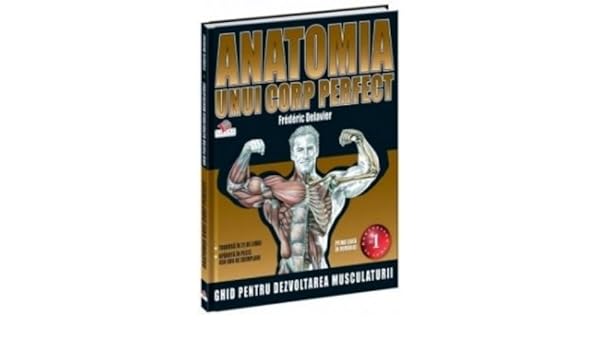

Conclusions: To understand fully the relations between kin majorities, their kin-state and home-state and the impact of growing kin engagement policies, like dual citizenship, it is necessary to analyze the complexities of the lived experience of kin identification for members of kin majorities and how this relates to kin-state identification and affiliation. Respondents identified more in terms of assemblages of ethnic, cultural, political, linguistic, and territorial identities than in mutually exclusive census categories. Results: Ethnic homogeneity for kin majorities is more fractured that previously considered. Methods: The article is based on ∼50 fieldwork interviews conducted in both Moldova and Crimea with everyday social actors (2012–2013). Objective: This article investigates what kin identification means from a bottom-up perspective in two kin majority cases: Moldova and Crimea. Antologie de eseuri românești contemporane, Cluj 1996. Anatomia unui faliment geopolitic: Republica Moldova, România, 2005, editura Polirom.Eichborn, Berlin, 2001 in "The moment of truth", anthology of contemporary Romanian essayists, Dacia Publishing House, Cluj-Napoca, 1996 in "Donumenta", Regensburg-München-Berlin (2004). "The Change Post" (novel), Hyperion Publishing House Chisinau, 1991 – present in "Europaexpress."The Fear from difference" (articles, essays, literary chronicles), Romanian Cultural Fondation, Bucharest, 1999.30 literary pretexts and one Prague diary", Cartier Publishing House, Chisinau, 2001 A look at Europe from train's window" (a diary realized with Vasile Garnet) "The Anatomia of geopolitical failure: Republic of Moldova" (political essays), Polirom Publishing House, Iasi, 2005

Prize for essay of the Moldovan Writers' Union, 2001.Prize for essay of the Writers' Union of Romania, 1999.Prize for debut (prose) of the Moldovan Writers' Union, 1991,.He is a member of the International PEN Center (subsidiary Chişinău) since 1995 and president of Moldova PEN Centre since 2004, member of the Writers' Union of Romania since 1993, member of the Moldovan Writers' Union since 1992 and member of the Group for Social Dialogue Bucharest since 2004. Since 1994, he is editor-in-chief of Contrafort-magazine. From 1986 to 1993, he was editor and editor-in-chief at the Hyperion Publishing House.

He studied journalism at the University of Chişinău. He is the editor in chief of Contrafort He is a member of the Writers' Union of Romania, the Moldovan Writers' Union and the Group for Social Dialogue. Vitalie Ciobanu (born in Floreşti) is a journalist from the Republic of Moldova. Prize for essay of the Moldovan Writers' Union, 2001. Prize for essay of the Writers' Union of Romania, 1999 Prize for debut of the Moldovan Writers' Union, 1991


 0 kommentar(er)
0 kommentar(er)
